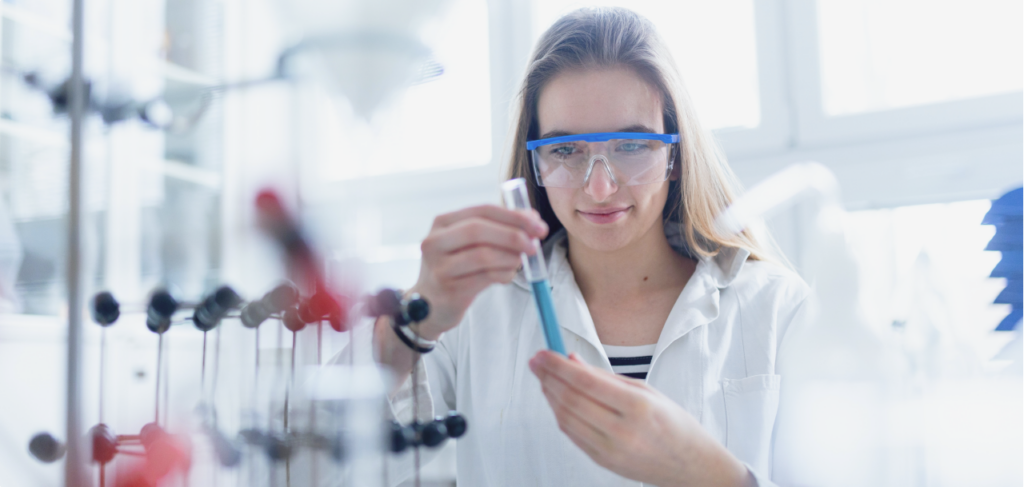Technology transfers are relatively complex projects as they always involve several departments of a company and several companies at that.
Every company has its own structures and ways of thinking, which are not always completely compatible. This is often referred to as „cultural differences“ - often overlooking the absolute importance of these differences! We speak 9 languages in our company and are therefore already familiar with some cultural differences from our daily lives.
When planning the transfer, it is very important to first establish a common understanding. First we define the common goal, success criteria and the most important steps) and then we start with the detailed work.
We try to back up our decisions as well as possible with data. This approach pays off very well financially when it comes to subsequent implementation.
It is rarely possible to implement a production one-to-one. In most cases, adjustments to the production process are necessary. These adjustments are often due to the different types of system.
However, certain changes may also be required in the production process (e.g. flexibility in batch sizes, flexibility in manufacturing systems, etc.). Here too, technical adjustments are necessary. We obtain our data through carefully planned laboratory tests or tests in the technical center. This saves us very cost-intensive technical trials („technical batches“).
In recent years, this has been summarized under the term „AI“. We tend to use the specific terms such as experimental design, multivariate analyses, simulation, etc.
A few years ago, this was still known as chemometrics.
We use the data obtained to generate simulation models and can therefore make good predictions for the technical implementation. They also comply with the „Quality by Design“ specifications and are also more flexible in the event of subsequent process changes.


